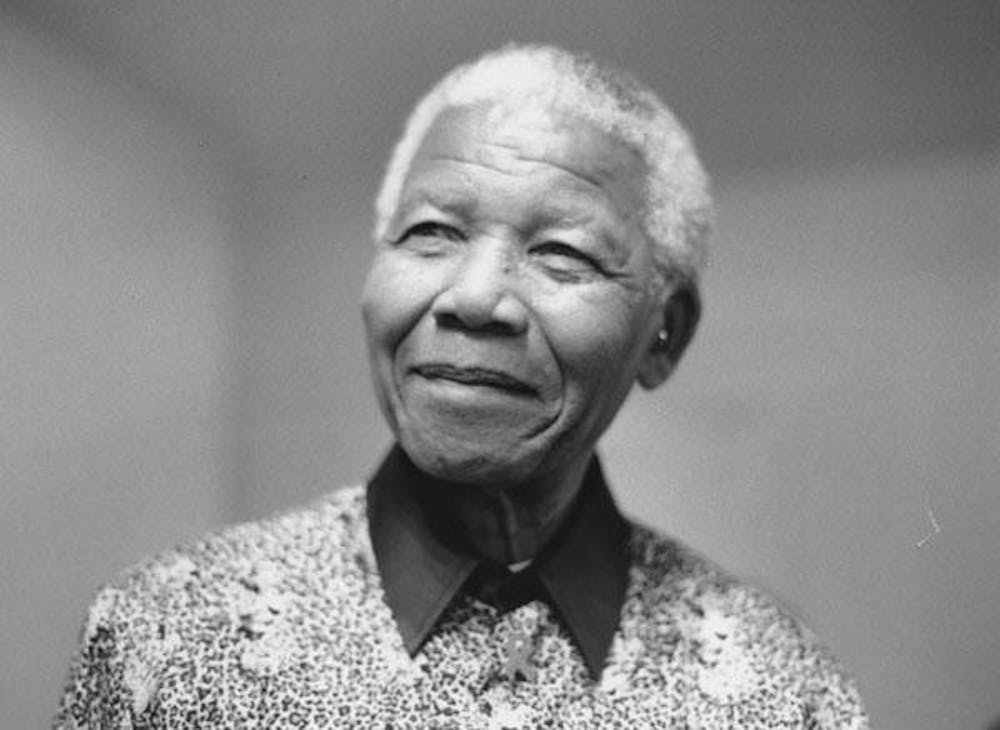By Olivia Jessup
Former President of South Africa Nelson Mandela is making steady health improvements after being admitted to the hospital late last Wednesday. He was treated for a recurring lung infection, according to CNN.
This is the third time Mandela has been admitted to the hospital since December, according to the Huffington Post. This time, doctors drained fluid in his lungs to allow for easier breathing, said Mac Maharaj, a presidential spokesperson for current South African President Jacob Zuma.
"He remains under treatment and observation in hospital," Zuma said in a CNN article.
Mandela's lungs are scarred and damaged from working in a quarry during his imprisonment, according to BBC. NBC News health expert Nancy Snyderman said that the tuberculosis Mandela contracted while imprisoned was a significant factor in his current health problems.
"It means his lungs are scarred, less spongy and absorbent, and therefore less able to rid themselves of fluid," Snyderman said.
While Mandela is being treated, the churches of South Africa are praying for the anti-apartheid campaigner. Zuma thanked the "the thousands of South Africans who prayed for Madiba at various Easter church services."
Madiba is Nelson's clan name and is widely used in South Africa, according to BBC. Much of the country is praying for the former president.
In Mqhekezweni, a small hillside village in South Africa, worshippers packed a small mission church, the same church Mandela attended from ages nine to 16. It was in Mqhekezweni that Mandela said he witnessed democracy in "its purest form," according to The Australian.
"We know he is not going to live forever," said George Sandile, the Mqhekezweni church steward in an article from The Australian. "But we don't want to release him. We still need him. He is our icon."
Mandela fought against the apartheid legislation, which forced non-white South Africans to live in separate villages from whites and use separate public facilities, according to History.com. He led a nonviolent defiance of the legislation, which eventually led to his imprisonment.
He was first arrested in 1962, and in 1964 he was sentenced to life in prison, according to the BBC. Mandela was released in 1990, having been imprisoned for 27 years, and won the Nobel Peace Prize in 1993 with the then-South African President F.W. de Klerk for their work against apartheid. Mandela became the nation's first black president in 1994.
Mandela's impact reaches beyond South Africa. After his time in office, he helped mediate conflict in other parts of Africa and the Middle East, according to CNN.
"Mandela is like our god," said Nondumasi Sandlana to The Australian, who said she was 100 years old and remembered him as a schoolboy. "When he was in prison, his mother would come here and we gave her money so she could visit him. We are all praying he doesn't pass away."
The name of the hospital Mandela is in has not been released, but the presidential report on his health calls for renewed privacy for the 94-year-old, according to Africa News.





